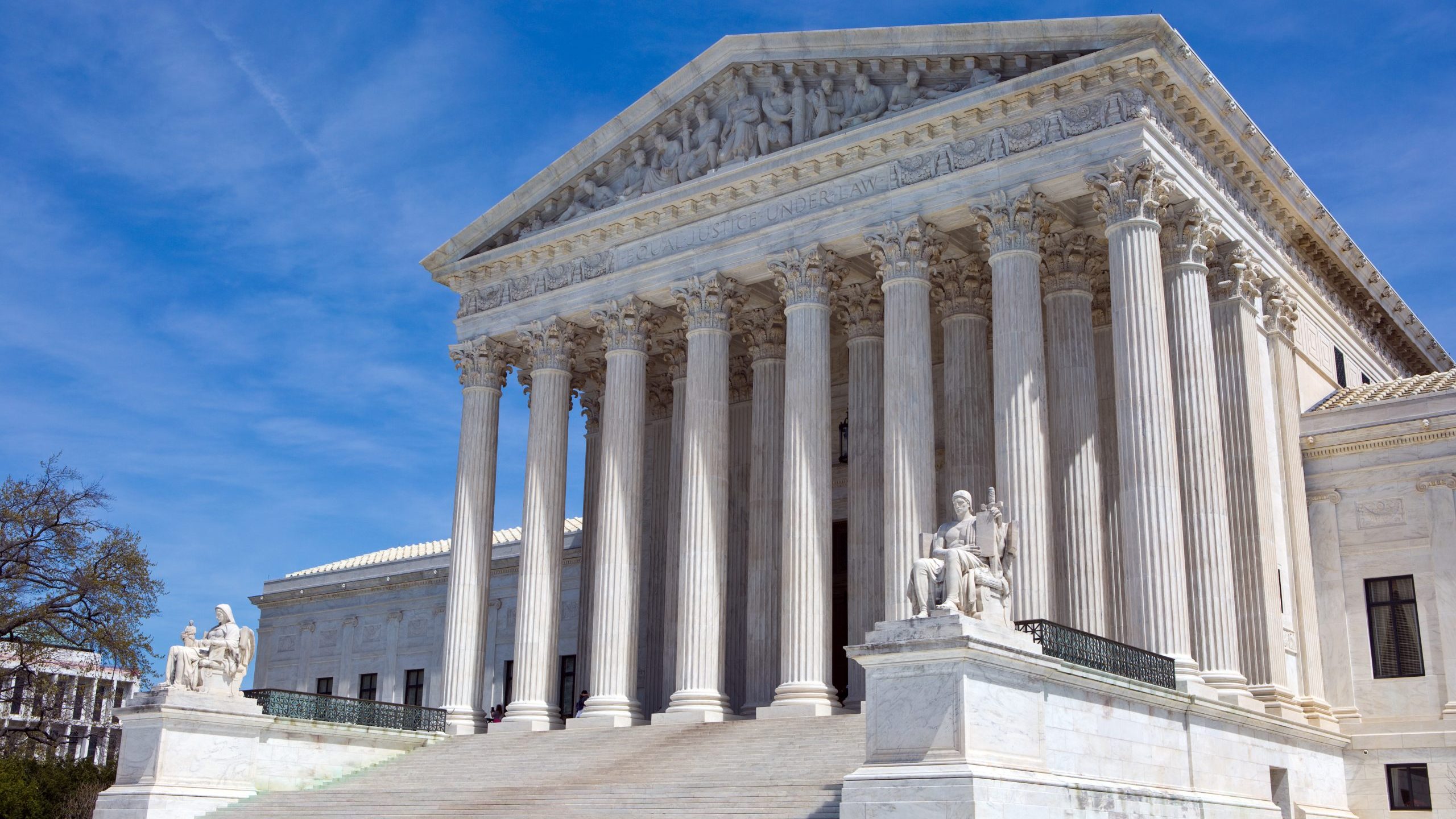|
Getting your Trinity Audio player ready...
|
On Monday, the state of Alabama filed an emergency appeal with the U.S. Supreme Court hours after a federal district court panel refused a request for a stay in the ongoing redistricting case.
Last week a three-judge panel for the district court blocked Alabama’s 2023 congressional map because it did not create two-majority Black districts or something close to it as the court, backed by the U.S. Supreme Court, previously ordered. In the decision the panel ordered a special master to draw three new maps for consideration and review by Sept. 25.
Following this decision the Secretary of State Wes Allen asked the court for a stay or to put a hold on their ruling. On Monday, the court refused to freeze their decision as the state did not provide a proficient argument and a freeze would allow what they deemed an “unlawful” map to be used for the second time this census cycle.
“The Plaintiffs already suffered irreparable injury once in this ten-year census cycle, when they voted under the unlawful 2021 Plan in 2022,” the panel wrote in a 26 page decisiom. “The Secretary has made no argument that if the Plaintiffs were again required to cast votes in 2024 under an unlawful districting plan, that injury would not be irreparable.”
Hours later however, Allen and the state of Alabama appealed to the U.S. Supreme Court asking the high court to override the district court and order a stay in the case. Much of the filing argues that the district court is going against it’s own redistricting criteria and wants maps re-drawn that will be based on race. The state even says their plan better unifies the Black Belt than any other plan.
“The 2023 Plan unifies the Black Belt better than every one of Plaintiffs’ plans, which split the Black Belt counties into three or more districts,” the document state. “The question now is a different one: whether a State must sacrifice traditional districting criteria to join voters from different communities, based on their race, to hit a 50-percent racial target, ‘or something quite close to it.’”
In June the Supreme Court ruled in favor of the district court’s prior ruling that Alabama had to create two-majority Black districts or something close to it. Yet, Alabama Republicans proceeded to create a map with only one majority-Black district at 50 percent. The district with the next highest Black voting age population in the 2023 plan was approximately 40 percent.
Still, Alabama argues this plan is the best and protects “communities of interest.” The state even accused the district court of “racial stereotyping” for because of it’s remedial order for two majority Black districts to be created.
Eric Holder Jr, Attorney General of the United States, asked the Supreme Court to reject the appeal by Alabama. Holder also invoked the historical precedent Alabama has of routinely flouting orders by even the Supreme Court.
“This is a shameful and arrogant continuation of a sordid history in Alabama that denies equal rights to Black Alabamians, no matter how the United States Supreme Court rules,”said Holder. “We saw this sixty years ago in 1963 when George Wallace did not comply with the Supreme Court’s decision in Brown v. Board of Education and refused to admit my late sister-in-law into the state’s university. We are seeing it right now in 2023 following the Supreme Court’s decision in Allen v. Milligan mandating fairness in the state’s electoral system. In this dangerous time for our democracy, the Court must be steadfast in enforcing its own recent decision and reject Alabama Republicans’ repugnant attempts to circumvent justice and retain power at the expense of the state’s citizens’ right to vote.”
In the appeal, Alabama asked the Supreme Court to order a stay by at least Oct. 4 so that the 2023 Plan can be used in the upcoming election season. Supreme Court Justice Clarence Thomas has given the plaintiffs until Sept. 19 to respond to the stay request.
“The State and its voters should be allowed this Court’s review before voters are sorted into race-based districts flouting all conceivable districting principles in search of super-proportionality,” the state wrote in the appeal.




















































